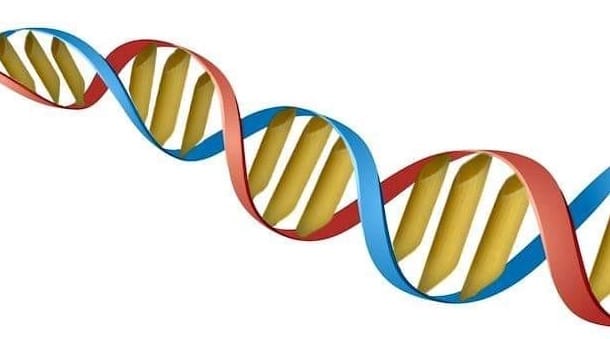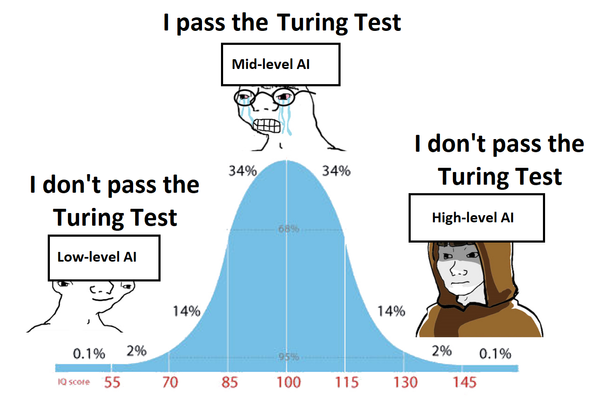On the Origin of Memes: Exploring Richard Dawkins' Theory of Cultural Evolution
Richard Dawkins, renowned evolutionary biologist and author, introduced the concept of memes in his influential book "The Selfish Gene" in 1976. In this article, we will delve into Dawkins' theory of memes, examining its origins, defining characteristics, implications

Introduction
Richard Dawkins, renowned evolutionary biologist and author, introduced the concept of memes in his influential book "The Selfish Gene" in 1976. In this article, we will delve into Dawkins' theory of memes, examining its origins, defining characteristics, implications and its significance in understanding cultural evolution.
The Concept of Memes
Dawkins coined the term "meme" as an analogy to genes in biological evolution. Memes are cultural units of information that are transmitted from person to person through imitation or replication. They can include ideas, behaviors, beliefs, fashion trends, catchphrases and more. Similar to genes, memes can undergo variation, selection and replication, leading to their spread and persistence in a culture.
Characteristics of Memes
Dawkins outlined several key characteristics of memes. Firstly, memes are replicators, capable of reproducing and transmitting themselves across individuals and generations. They can be copied, imitated and modified, leading to the creation of new variants.
Secondly, memes exhibit a form of selection. Just as genes are subject to natural selection, memes that are more appealing, memorable, or useful have a higher chance of being replicated and spreading within a culture. This process of selection determines which memes are more successful in their transmission.
Lastly, memes can undergo variation. When memes are transmitted, they can be altered, combined with other memes, or modified to suit different contexts. This variation contributes to the diversity of memes within a culture.
Implications of Memes
The concept of memes has profound implications for understanding cultural evolution. It provides a framework for analysing the transmission and evolution of ideas and behaviors within societies. Memes can spread rapidly, influencing the beliefs, values and practices of individuals and shaping the cultural landscape.
Memes can also be seen as units of cultural information that compete for attention and replication. This competition leads to the emergence of cultural trends, fads and even cultural evolution itself. Memes can have a significant impact on social norms, political ideologies and the development of human societies.
Examples of Memes
Memes can take various forms and can be observed in different contexts. Internet memes, for instance, are a prevalent form of memes in today's digital age. They often involve humorous images, videos, or catchphrases that spread rapidly across social media platforms. Internet memes are constantly evolving, with new variations and trends emerging regularly.
Other examples of memes include religious beliefs, scientific theories, fashion trends and cultural traditions. These memes have been transmitted and replicated across generations, shaping the collective knowledge and practices of societies.
The Influence of Memes
The theory of memes has had a significant impact on various disciplines, including sociology, psychology, anthropology and communication studies. It provides a framework for understanding the dynamics of cultural evolution, the spread of ideas and the formation of collective identities.
Memes have also become a subject of study in the field of memetics, which explores the evolution and transmission of cultural information. Memetics seeks to understand how memes interact with human cognition, communication and social networks.
Criticisms and Controversies
While the concept of memes has gained popularity, it is not without its criticisms and controversies. Some argue that the concept is too broad and lacks a precise definition, making it difficult to apply consistently. Others question the extent to which memes can be considered replicators, as their transmission and replication mechanisms differ from biological genes.
Additionally, critics argue that the theory of memes places too much emphasis on the role of imitation and replication, neglecting other factors that contribute to cultural evolution, such as social learning, innovation and collective decision-making.
Conclusion
Richard Dawkins' theory of memes has revolutionised our understanding of cultural evolution. By drawing parallels between genes in biological evolution and memes in cultural transmission, Dawkins provided a framework for analysing the replication, variation and selection of cultural information.
The concept of memes has implications for understanding the spread of ideas, the formation of cultural norms and the dynamics of human societies. It has stimulated research in various fields and continues to be a topic of study and debate.
By exploring the origins and characteristics of memes, we gain deeper insights into the complex interplay between biology, culture and human behavior. The theory of memes has expanded our understanding of how ideas and behaviors are transmitted, replicated and evolve within societies, shaping the cultural landscape in which we live.



